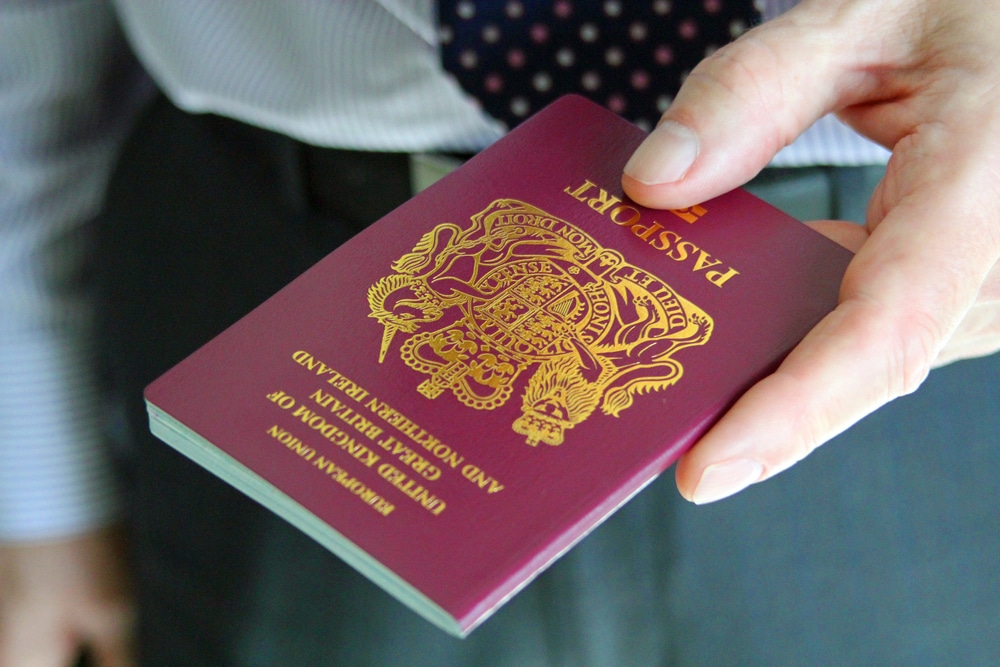Temporary Right to Rent Changes to End
Changes to the right to rent checks introduced in response to the COVID-19 pandemic are set to end in May 2021. Now that COVID infection rates are falling, and lockdown measures are gradually easing, it has been announced that the emergency measure will come to an end on 16th May.
Changes to the right to rent checks introduced in response to the COVID-19 pandemic are set to end in May 2021. Now that COVID infection rates are falling, and lockdown measures are gradually easing, it has been announced that the emergency measure will come to an end on 16th May.
Before the pandemic, a landlord was required to meet all prospective tenants in person, and check that they were able to produce one or two original documents from two lists set out by the government.
Once satisfied that the original documents were genuine and that they adequately identified the tenant, the landlord was required to keep a copy or photograph of the documents. They were then free to finalise and sign the tenancy agreement. Once the tenant had left, the evidence would have to be retained for 12 months.
How did right to rent change during the pandemic?
Because social contact had to be measured, face to face right to rent check meetings had to be minimised.
As of 30th March 2020, right to rent checks were allowed to be performed remotely, by asking a prospective tenant to submit a copy of their original documents via email or mobile app and then arranging a video call and asking them to display the document they’d sent in.
The remote checking procedure will come to an end on 16th May, with the original pre-COVID right to rent checks being reinstated, meaning that landlords will need to meet in person with tenants to check their right to rent status, or use the new digital system.
Where right to rent checks were carried out during the pandemic, the original plan was that landlords would have to do follow up checks in person as soon as the restrictions came to an end. However, due to the length of the restrictions, that plan has now been shelved.
The National Residential Landlords Association (NRLA) plans to publish a right to rent identification form nearer the time which will be available to its members on its right to rent resource page.
How to check right to rent digitally
The government introduced a digital method for right to rent checks during the pandemic, which will continue from 17th May. Landlords are encouraged to make use of this option wherever possible.
Entrants to the UK will be able to enter their details and upload a photograph onto a dedicated website, access to which can then be shared with the landlord or agent via a share code. The landlord simply enters the code, together with the tenant’s date of birth, to gain access. They can then verify the identity of the tenant against the details submitted.
No time for regulatory responsibilities? Let homes2let take the strain.
Keeping abreast of regulatory responsibilities as a landlord can be exceptionally time consuming and a real burden. But there is a solution.
The homes2let guaranteed rent scheme provides a full property management service, covering all aspect of regulatory compliance. It also comes complete guaranteed rent paid in advance, every month, by standing order. Also included are all legal fees, and the sourcing, referencing and right to rent checking of new tenants.
To learn more about how our guaranteed rent scheme could benefit you as a landlord and allow you to become fully hands-off, you are welcome to get in touch with our team of experienced property experts.
Related Insights

Can a Tenant Run a Business from a Rental Property?
With so many people now working from home due to the COVID-19 pandemic, this does of course raise the question for landlords as to whether tenants should be allowed to start running a business from a rented property. Let’s take a look at what the law says, and the important considerations every landlord needs to make when considering allowing tenants to use their home as a place of business.

The Lowdown on Pet Friendly Tenancies
There has been much discussion recently on the subject of pet friendly tenancies, with campaigners on the case and various initiatives in the pipeline. But there is also confusion, with developments having prompted the assumption that landlords are now legally obliged to accept pets. How much truth there is in this notion, and where the whole situation is up to, is something we’ll explore in this post.

Landlord Buildings Insurance: Warning to Check Your Sum Insured
Landlord buildings insurance covers rental property against risks such as flood, fire or vandalism. The cover meets the costs of repairing or rebuilding the property but, if your sum insured isn’t sufficient to cover the full costs of a rebuild, you may find yourself either having to make up the difference yourself, or surrender the property. With construction costs recently facing a huge hike, it is vital to check that your sum insured remains realistic.







